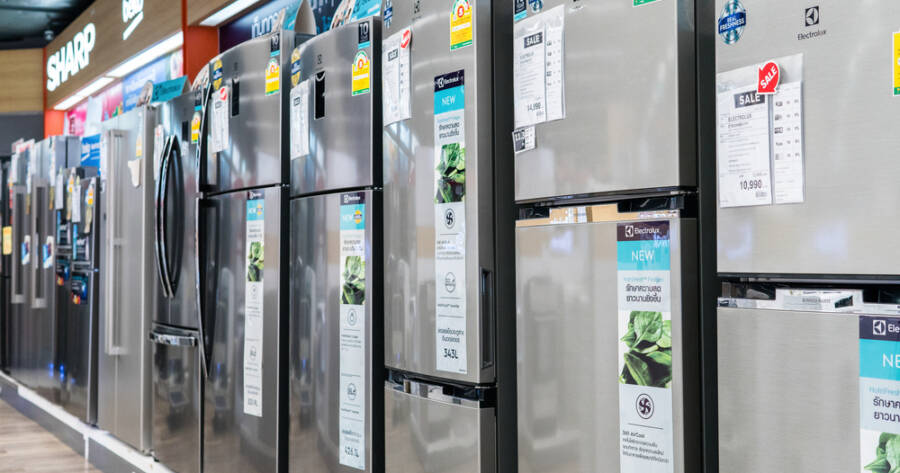Household appliances are essential, but replacing them can be a big expense. Many homeowners struggle with the decision of whether to repair an aging appliance or invest in a new one. The right choice depends on factors like energy efficiency, repair costs, and seasonal sales. Knowing when to buy and when to wait can help you maximize savings while keeping your home running smoothly.
Signs Your Appliance Needs Replacing
Every appliance has a lifespan, and knowing when it’s nearing the end can help you avoid sudden breakdowns. Frequent repairs are one of the biggest warning signs. If an appliance constantly needs servicing, those costs can add up quickly. At some point, replacing it becomes more cost-effective than fixing it.
Another indicator is poor performance. A refrigerator that struggles to stay cold or a washing machine that leaves clothes soaking wet might be using more energy than necessary. Older appliances are also less efficient, which can lead to higher utility bills. If an appliance is causing inconvenience or increasing energy costs, replacing it sooner rather than later may save money in the long run.
The Best Time of Year to Buy New Appliances
Timing your purchase wisely can lead to significant savings. Major holidays, including Black Friday, Memorial Day, and Labor Day, often bring deep discounts on appliances. Many retailers clear out inventory at the end of the year to make room for new models, making it a great time to find deals.
Buying appliances when demand is lower can also work in your favor. Air conditioners tend to be more expensive in the summer, while heaters are pricier in the winter. Planning ahead and shopping during off-peak seasons can help you secure the best prices.
When Waiting Makes More Sense
Holding off on a new appliance purchase can sometimes be the smarter choice. If an appliance is still working efficiently and repairs are minor, extending its lifespan can save you hundreds of dollars. Routine maintenance, such as cleaning filters or replacing worn-out parts, can keep an appliance running smoothly for years.
Advancements in technology are another reason to wait. Newer models often include energy-saving features that lower electricity and water usage. If a major upgrade is on the horizon, delaying your purchase until the latest models are released could lead to better efficiency and savings in the long term.
Finding the Best Value for Your Money
When replacing an appliance, focusing on long-term value is just as important as the upfront price. Energy-efficient models often come with rebates or tax incentives that help offset costs. Checking for warranties and extended service plans can also provide added protection.
It’s also important to research brands and read customer reviews. Some lower-cost models may require frequent repairs, making them more expensive over time. Choosing a reliable appliance that balances affordability with durability ensures you get the best deal in the long run.
Making Smart Appliance Decisions
Replacing appliances at the right time can lead to major savings and fewer headaches. By keeping an eye on performance, repair costs, and seasonal sales, you can make informed decisions that benefit both your budget and household efficiency.
Whether you decide to buy now or wait, planning ahead ensures you get the best value while avoiding unexpected expenses.

